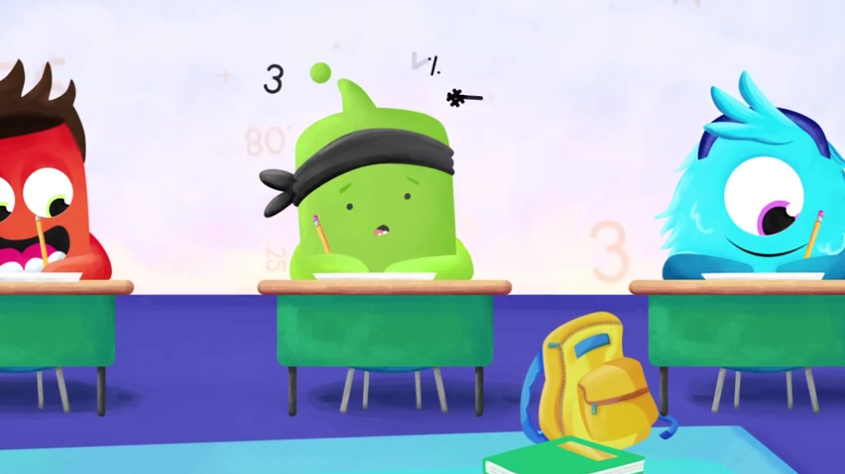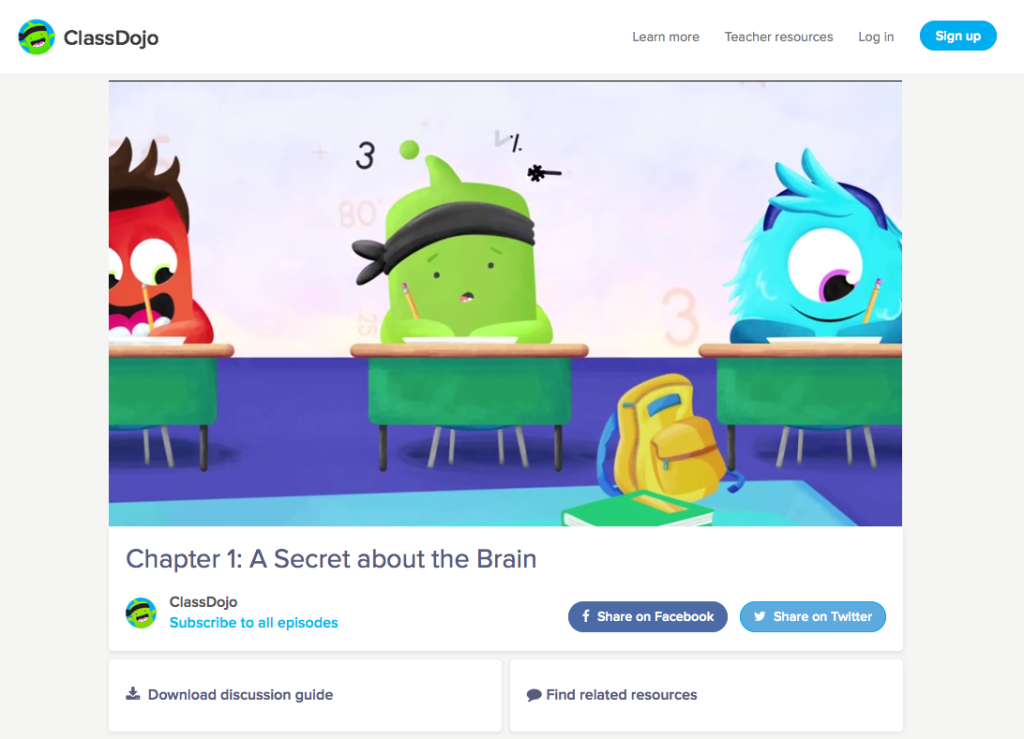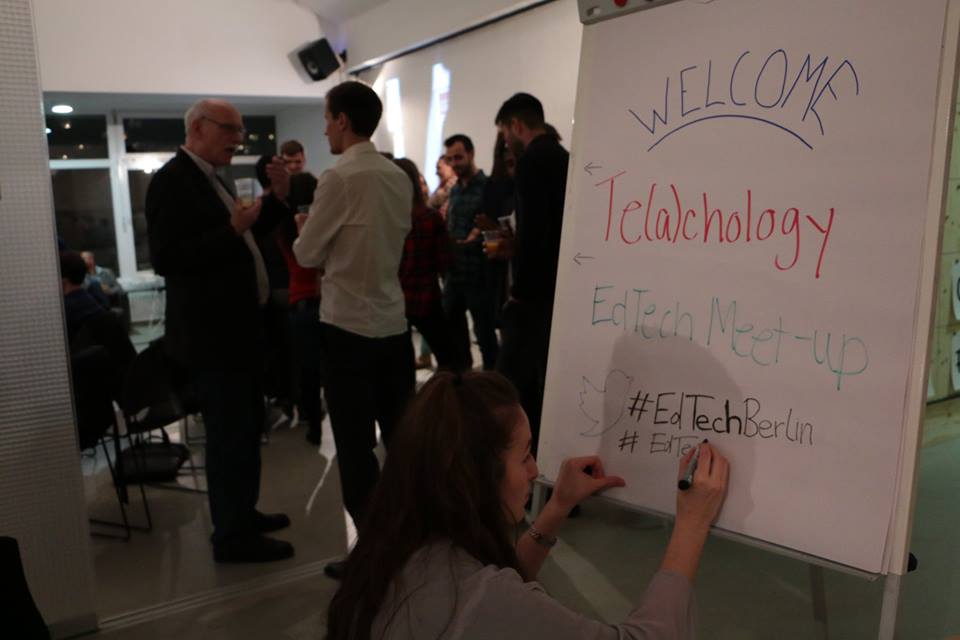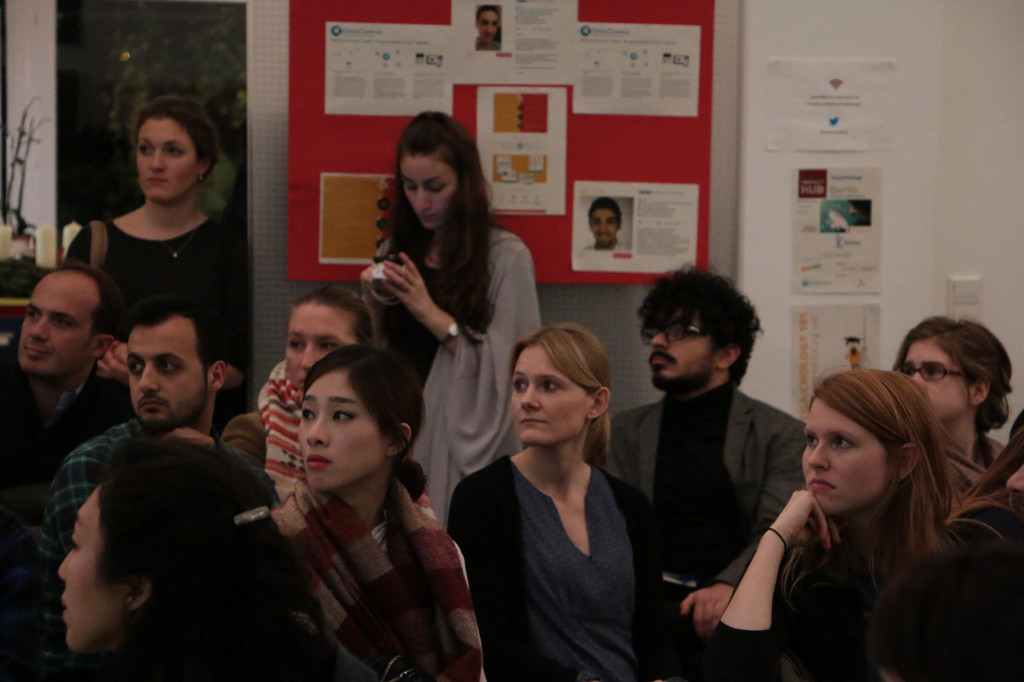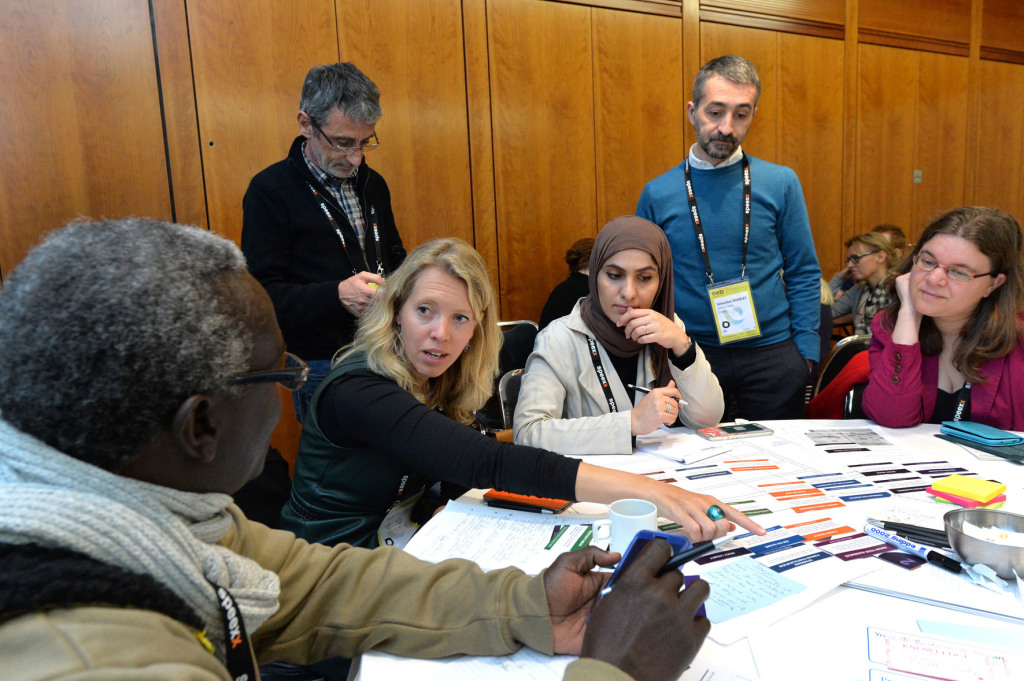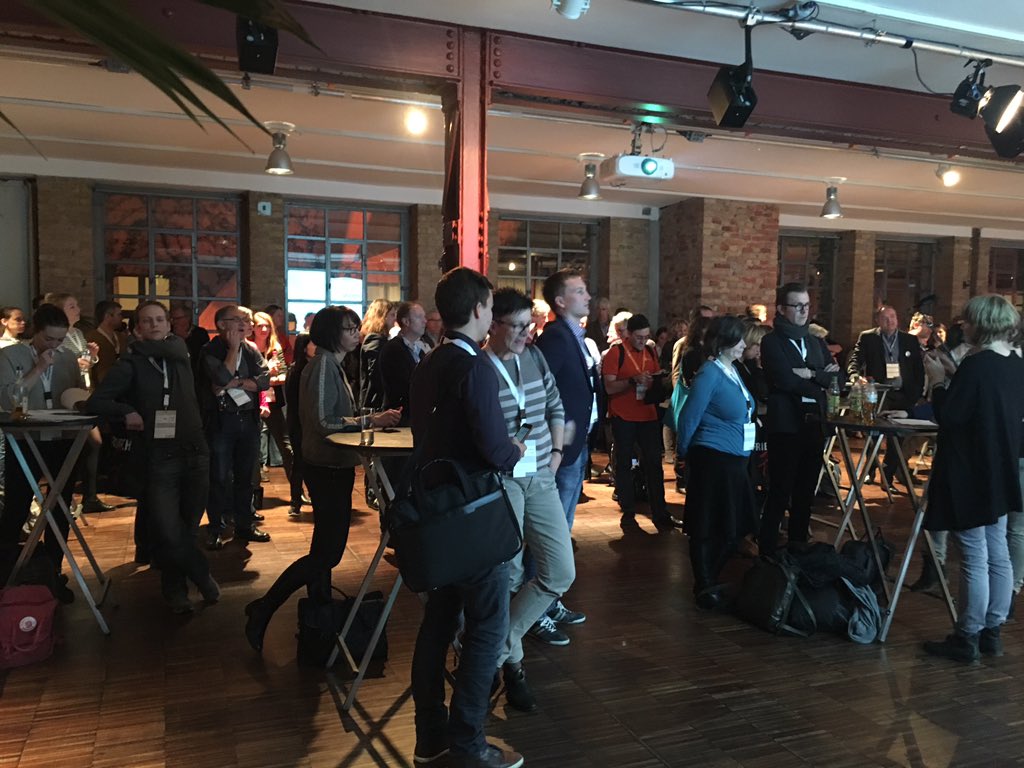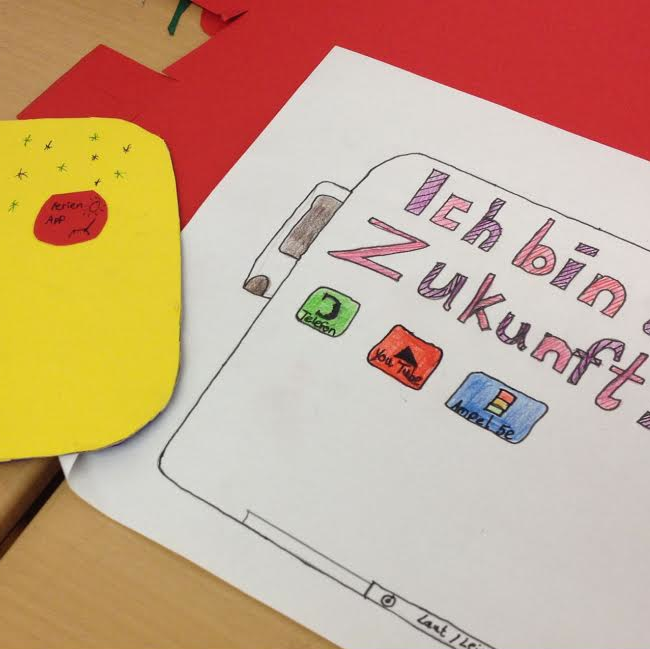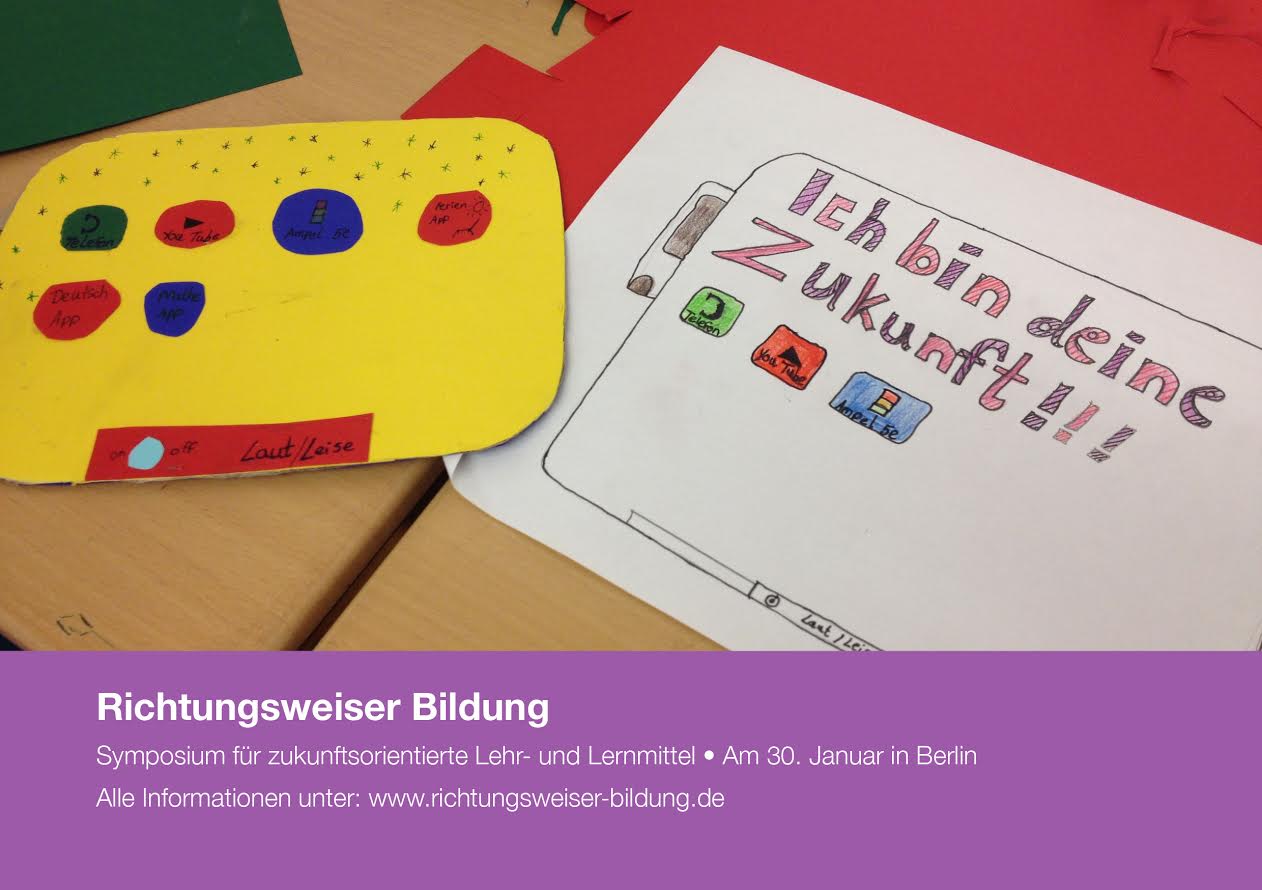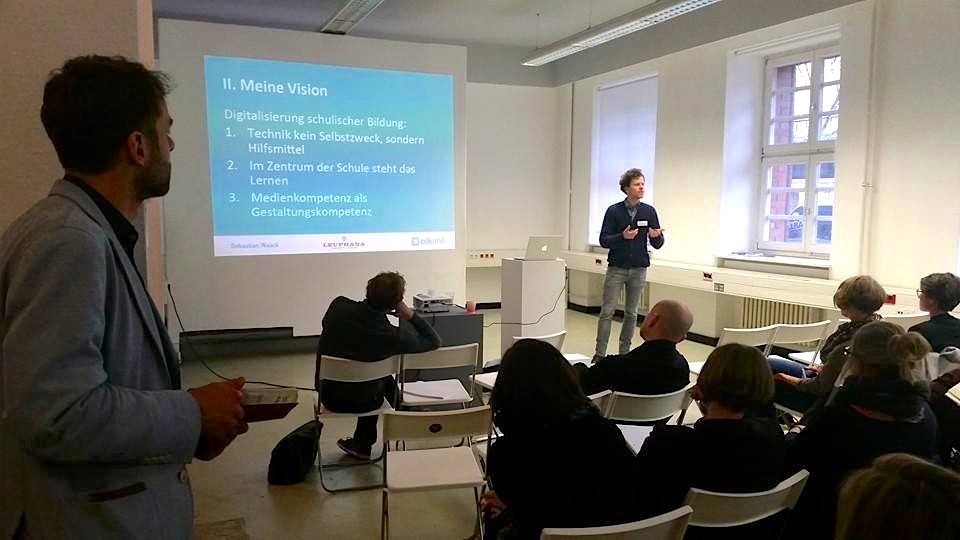Education is not the filling of a pail, but the lighting of a fire.
Plutarch, On Listening

There are basically two pedagogical approaches when it comes to teaching and learning: Lighting a fire or filling a pail. They go back at least two millennia when Plutarch first wrote about this idea in his essay “On Listening”. Until today, public education as well as edtech approaches can be broken down into these two concepts.
Social Constructivism – The Fire
The people in lighting-the-fire camp adhere to John Dewey (1859-1952): “I believe that education, therefore is a process of living and not a preparation for future living.” Learning is socially situated and knowledge is constructed through interaction with others. A person constructs a new understanding based on prior understanding in the context of learning communities. Researchers label this idea as social constructivism.
Instructionism – The Pail
Filling the pail comes with measuring whether it is still half-empty or starting to fill up. Edward L. Thorndike (1874-1949) believed that learning could be precisely observed and measured. He was an early developer and advocate of standardized tests, textbooks, and intelligence testing. You might label this standardized approach to teaching and learning as instructionism.
New technologies, old pedagogies
Public schools as well as any new learning technology that occurred in the 20th and 21st century just improvised on one of these ideas. They rarely innovate on the fundamentals and more often than not they follow in the footsteps of Thorndike. Maybe the best way to think about it would be a combination of these two approaches. One where the pail is filled and the fire is lit. And most importantly one where the fire will not be extinguished with the pail.
Further Reading:
- John Dewey (1987): My Pedagogic Creed, School Journal vol. 54, pp. 77-80. dewey.pragmatism.org/creed.htm
- Edward L. Thorndike (1913): The psychology of learning. New York: Teachers College, Columbia University. archive.org/details/educationalpsych02thoriala
- Justin Reich (2020): Failure to Disrupt. Why Technology Alone Can’t Transform Education. Harvard University Press, Cambridge. Amazon / Library
